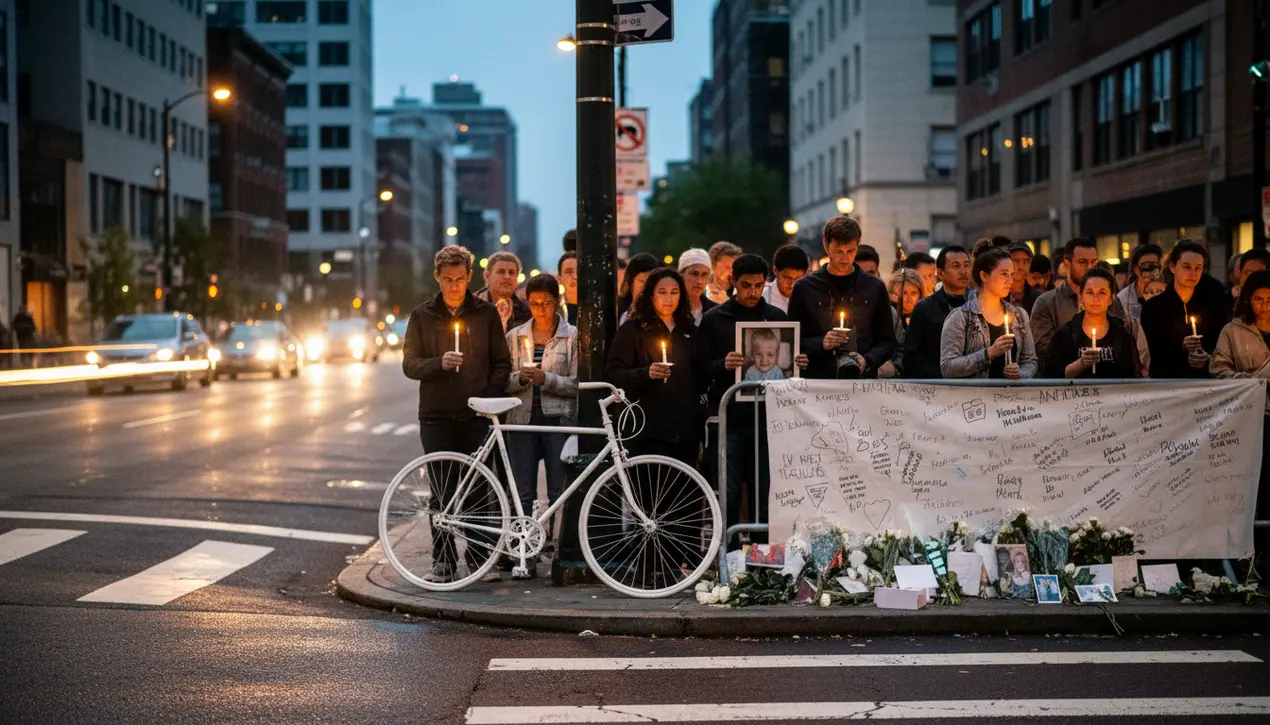
Otherauto & mobility
To change our safety culture, we need storytellers
LA
Laura Bennett
1 day ago7 min read2 comments
Earlier this week, communities worldwide observed World Day of Remembrance for Road Traffic Victims, a day to honor those we've lost and recommit to preventing future tragedies. As someone who's worked in transportation for over 25 years, I approach this as an insider who's seen how abstract statistics fail to move us compared to human stories.You've likely heard 'Vision Zero' in political campaigns or safety PSAs—this strategy to eliminate severe crashes isn't just marketing but an approach rooted in the basic understanding that traffic violence is preventable, contrary to the status quo's fantasy that it's inevitable. Every day, another 100 families grieve losses while thousands more navigate medical bills, therapy, and shattered livelihoods.Vision Zero differs radically through two principles: first, acknowledging people make mistakes so systems must be designed to prevent those errors from becoming fatal, and second, recognizing safety as multidisciplinary since people are influenced by more than street design—in Richmond, Virginia, one in twelve residents combats substance abuse and mental health disorders before ever getting behind the wheel. This practical, human-nature-based strategy could save lives, yet cultural change stalls because average people need personal stories about traffic victims, not just data.Historians and psychologists confirm emotion, not facts alone, drives action; we're emotionally attached beings who mobilize when stories resonate. Consider how peanut allergies triggered cultural shifts: in a decade, 13 tragic deaths from allergies sparked nationwide mobilization that banned peanuts from schools and airplanes, while 400,000 traffic deaths in that same period failed to ignite equivalent outrage.This isn't to mock allergy concerns but to highlight our capacity for rapid change when stories capture hearts. We possess the data explaining tragedies, the engineering and enforcement solutions to prevent them, and the ability to transform culture—whatever your background, you're a human interacting with others, and getting people emotionally connected to traffic violence's impacts might mean showing a heartbroken parent's video at a PTA meeting or inviting a survivor with life-altering injuries to speak locally. No severe crash is acceptable; if you truly believe that, you'll drive carefully and encourage others to do the same, recognizing that together, we can reduce these life-altering crashes to zero by embracing the storytellers who make statistics feel human.
#Vision Zero
#road safety
#traffic violence
#storytelling
#public safety
#transportation
#editorial picks news
Stay Informed. Act Smarter.
Get weekly highlights, major headlines, and expert insights — then put your knowledge to work in our live prediction markets.
Comments
Loading comments...
© 2025 Outpoll Service LTD. All rights reserved.